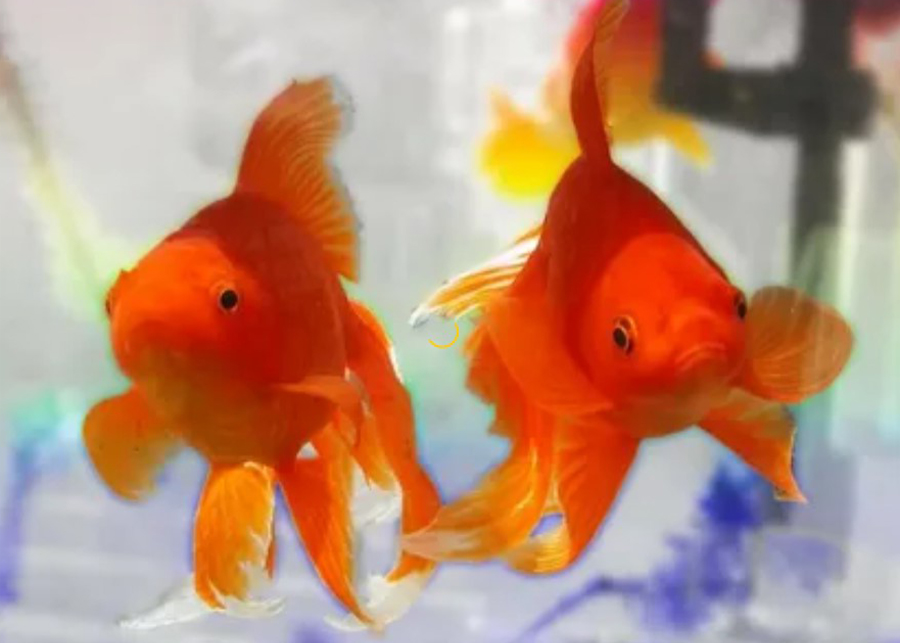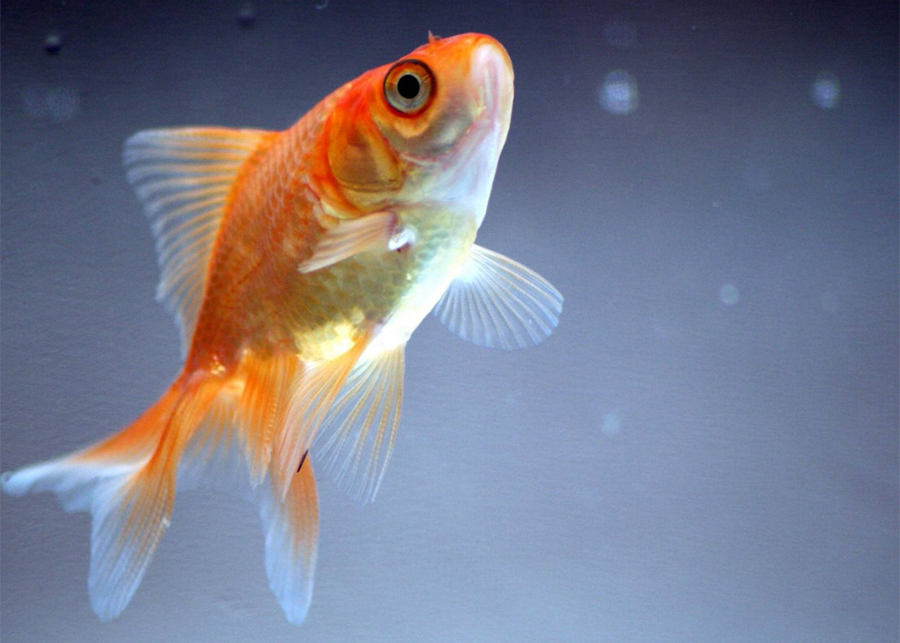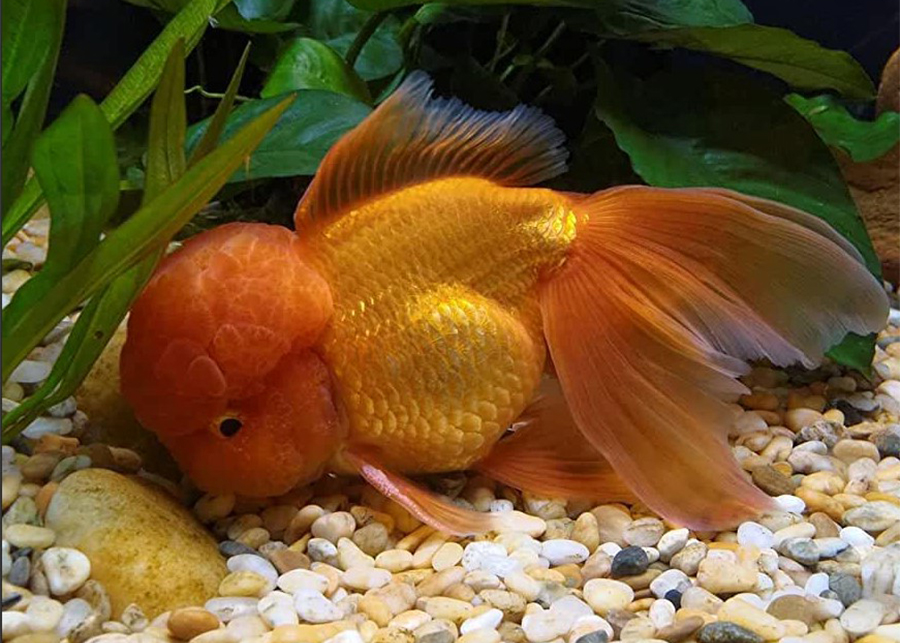
Did you know your Goldfish can live longer than 10 years? Or that some have lived for over 15 years? Goldfish are probably the most popular pet fish ever since the rise of Aquaponics and other forms of Indoor Farming. They are very easy to take care of, which may be why they’re so popular. Today we’re taking a look at some common myths about goldfish lifespan, as well as tips from my Dad who has had several goldfish in his lifetime.
If you’re wondering how long Goldfish live, you aren’t alone. There are many myths and misconceptions about Goldfish and their lifespan. Here are some things you should know. Typically, Goldfish live from a few years to a couple of decades, although this can vary considerably. Goldfish can live from a few weeks to over 15 years in the right conditions. Listed below are some common myths about Goldfish lifespan.

Misinformation about how long goldfish live
One common misconception about Goldfish is that they only live for a year or a few months. While that is true, with the proper care and environment, goldfish can live for 20 years or more. The oldest goldfish recorded died at the age of 237, and that fish has been passed down through generations. However, even with proper care and nutrition, goldfish can live up to five years, despite common myths about their lifespans.
Because goldfish are so popular, there is a great deal of misinformation circulating about their lifespan. This can lead to unethical husbandry in chain pet stores and even to misleading information given by store employees. Here are some facts to keep in mind when caring for your new pet. Keep reading! We hope this article will help clear up any misconceptions about goldfish. Once you know how long your goldfish live, you’ll be able to get the best care for your new pet.
Signs that your goldfish is dying
There are a few different signs that your goldfish is dying. It may not be swimming at the top of the tank, hiding in the decorations, or being bullied by other fish. Fortunately, there are several ways to save a dying goldfish. You must first identify what may be causing its symptoms. For example, your goldfish might suddenly lose its appetite. This is common with many goldfish health problems, but it’s hard to spot in the first few days.
Other signs that your goldfish is dying include bleeding, torn fins, and increased aggression. You may notice aggressive behavior after the fish is infected with something or has a specific event in the tank. It may have triggered generalized aggression by living with inappropriate tank mates. Regardless, aggressive goldfish should be separated from the rest of the tank until it settles down. After a few days, it should recover.
Overcrowded fish tank causes goldfish death
Goldfish can suffer from overfeeding. This can be a serious problem because the uneaten food will sink to the substrate, plants, or crevices, fouling the water. Also, the unintentional overfeeding of goldfish can occur if you are on vacation. Non-fish keepers often put too much food in the tank. Goldfish do best in tanks with one to three females.

If your goldfish is overstocked, it might be due to disease or parasites. Goldfish have a higher risk of developing diseases than other types of fish. Flukes are common parasites of goldfish that can severely damage their organs and even lead to secondary infections. If you notice an overcrowded tank, consider doing a large water change. Changing the water chemistry too often
can cause your goldfish to die.
Social behavior of goldfish
As a generalist, goldfish exhibit a range of social behaviors. This includes aggressive behaviors toward newcomers, and schooling and other similar feeding behaviors among goldfish. Some of these behaviors may be unusual, especially for modern bred goldfish. Interestingly, goldfish can learn by association. They will recognize other goldfish in their tank and will come to the top of the tank to feed when someone approaches. Similarly, they will follow the progress of your hand across the glass.
Although goldfish are generally not the fastest moving animals, they do prefer company. This behavior is not a cause for alarm. However, goldfish may be stressed out by overcrowding or competition for food. A healthy number of goldfish are not socially aggressive, but it may be beneficial to observe how they interact with one another. For this, you can try introducing a new goldfish to your tank. However, make sure not to overcrowd your tank.
How Long Do Goldfish Live? Result
In conclusion, as a generalist species, goldfish have been a popular pet for more than 1,500 years and in vast numbers. Even though goldfish may seem simple, with their limited behaviors that often only attract their attention for food, they are actually intelligent and entertaining pets. Not to mention the fact that all fish certainly do not get along, or even cohabitate peacefully in all cases—meaning the large majority of goldfish can be easily kept together with minimal effort and reduced health risk to the consumer.
